Archive of films Ring / The Ring
United Kingdom
1927, 108 min
Section:
Out of the Past
Year: 2013
The Ring, like the majority of Hitchcock’s silent films, is not a thriller. The story of a love triangle between a woman and two professional boxers, one of whom is her fiancé, is spun as an ironic melodrama. Well-thought-out work with symbols and daring use (for British cinema) of approaches proper to the European film avant-garde of the 1920s are as intriguing as ever. The movie will be accompanied live by silent film music specialist Neil Brand.
Synopsis
Like most of Hitchcock’s silent films, The Ring is not a thriller. The screenplay alone – the first based on his own story – demonstrates the highly personal nature of the project, which might almost be described as an "independent film.” Producer John Maxwell gave Hitchcock free rein in constructing the film’s love triangle: Two men enter the boxing ring, which is also a ring of love. Over several rounds, the woman – an unpredictable referee – will choose between her fiancée and his rival, to whom she is equally attracted. The symbolism of boxing ring/wedding ring/bracelet/circle weaves its way through the film in an endless series of visual and semantic variations. The mature poetic expression demonstrated by Hitchcock, then just 28 years old, drew expertly on the achievements of French cinematic Impressionism and German Expressionism; moreover, it was so exceptional in British cinema at the end of the silent era, that not even the island’s legendary snobbish critics could ignore it. The film will be accompanied live by silent film music specialist Neil Brand.
About the director

Alfred Hitchcock (1899, London – 1980, Los Angeles), whom journalistic cliché reduced to a "director of thrillers,” is today considered one of the greatest forces in film history. He demonstrated his exceptional visual talent while still working as a film artist; he concluded his "apprenticeship” years in Germany, where his first two films were partially shot. His subsequent film The Lodger (1926) immediately earned Hitchcock a dominant position in British cinema, which he maintained until his departure for the United States in 1939. His American career culminated artistically with Vertigo (1958), and commercially with Psycho (1960). His interviews with Truffaut were first published in 1966, to this day the most translated work of cinematic literature.
Contacts
BFI
21 Stephen Street, W1T 1LN, London
United Kingdom
Tel: +44 207 255 1444
Fax: +44 207 436 7950
E-mail: [email protected]
www: www.bfi.org.uk
About the film
Black & white, DCP
| Section: | Out of the Past |
|---|---|
| Director: | Alfred Hitchcock |
| Screenplay: | Alfred Hitchcock |
| Dir. of Photography: | John J. Cox |
| Producer: | John Maxwell |
| Production: | British International Pictures |
| Cast: | Carl Brisson, Lillian Hall-Davis, Ian Hunter, Gordon Harker |
| Contact: | BFI |
Guests

Neil Brand
Film Crew

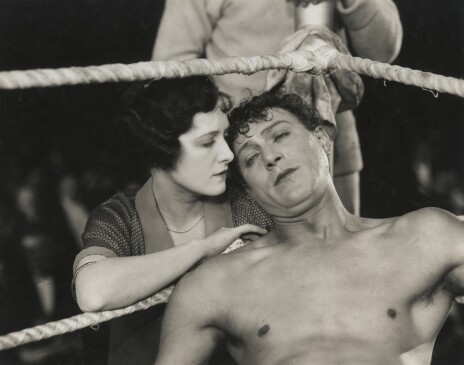








 Accommodations
Accommodations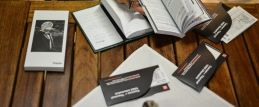 Festival Pass, tickets
Festival Pass, tickets History
History Contacts
Contacts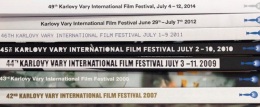 Archive of films
Archive of films KVIFF Talks
KVIFF Talks Industry Days Programme
Industry Days Programme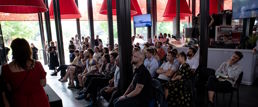 KVIFF Eastern Promises
KVIFF Eastern Promises Videogallery
Videogallery Photogallery
Photogallery Contacts
Contacts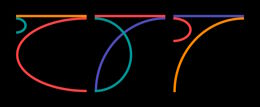 Posters of the 57th KV IFF
Posters of the 57th KV IFF Festival Guide
Festival Guide